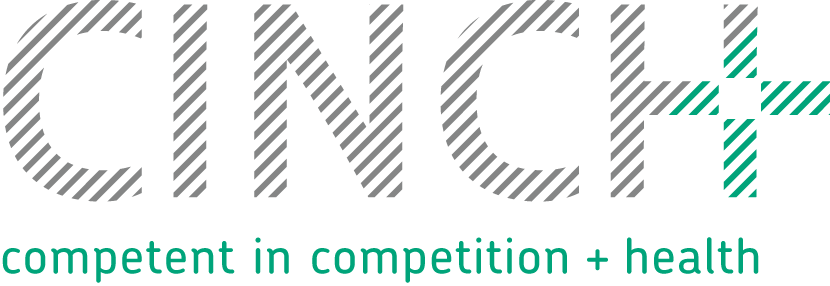Unintended Consequences of Welfare Reform: Evidence from Birth Outcomes of Aboriginal Australians
Unintended Consequences of Welfare Reform: Evidence from Birth Outcomes of Aboriginal Australians
Stefanie Schurer¹ (with Mary-Alice Doyle² and Sven Silburn³)
1 University of Sydney
2 London School of Economics
3 Menzies School of Health Research
In 2007, Australia introduced its most radical welfare reform in recent history, targeting Aboriginal communities with the aim of addressing the intergenerational transmission of disadvantage. The ‘income management’ policy forces Aboriginal welfare recipients to spend at least half of their government transfers on essentials (e.g. food, housing). We estimate the policy’s impact on birth outcomes by exploiting its staggered rollout. Our estimates suggest that exposure to income management reduced average birthweight by 95 grams and increased the probability of low birthweight by 3 percentage points. We show that this finding is not explained by changes in maternal behavior or access to care. More likely, the policy rules led to income insecurity, escalating the inequalities that the policy aimed to address.

